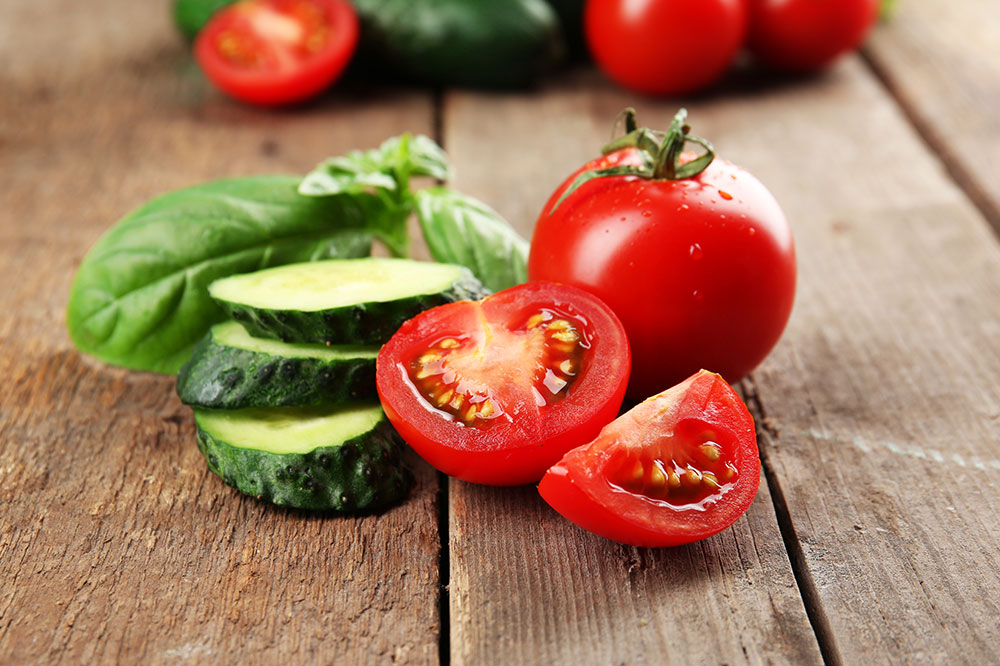Mycosis fungoides – Foods to avoid and to eat

Mycosis fungoides is a rare, slow-progressing, and chronic form of T-cell lymphoma of the skin. The cancerous cells can affect the skin and cause multiple lesions. The condition is further categorized into four stages. Each stage represents a more severe form of the disease. Aside from treatments for mycosis fungoides, studies show that even the foods you eat and avoid play a role in improving or worsening the symptoms.
Foods to Avoid to Help Manage Cancers
Processed meats
Processed meats are those which are preserved through means of salting, curing, and smoking. The process, however, uses nitrates and nitrites to preserve the meat. Such chemicals may increase the chance of certain cancers and may even make you prone to mycosis fungoides.
Alcohol
Alcohol is another substance that can aggravate underlying health conditions, even lead to new ones. When you consume alcohol, it releases acetaldehyde, which is a chemical that may damage your DNA, and cause uncontrolled growth of cells, and lead to cancer.
Sugar-sweetened beverages
Sugar-sweetened beverages are high in calories and can make it difficult to balance energy levels. Excessive calorie intake may put you at a greater risk of gaining weight, even becoming obese. Such health conditions may drastically increase your chances of developing cancers.
Foods to Eat to Help Manage Cancers
Garlic
Studies have shown that garlic is a great cancer-fighting agent. The root contains sulfur compounds known to prevent cancer-causing agents from developing in the body. Eating garlic may also help repair damaged DNA and kill existing cancer cells.
Strawberries
Strawberries aren’t just delicious. They contain medicinal properties. The fruit is rich in vitamin C and ellagic acid, both of which have anticancer properties that can eliminate tumors and slow tumor growth.
Carrots
Rich in beta-carotene, carrots are excellent sources of nutrients that may ward off cancers, including mycosis fungoides. Their composition is said to protect cell membranes from toxin damage. The properties of carrots may even slow the growth of other cancerous cells.
Medications to Help Manage Mycosis Fungoides
In addition to food, which is supplementary, medications are the primary way used to help manage the symptoms of mycosis fungoides.
Lenalidomide
Lenalidomide is a medication known to eliminate abnormal cancer cells and reduce the growth of other blood vessels needed for tumors to grow.
Bexarotene
This medication contains vitamin A and is known to slow the growth of certain cancer cells. It can be taken either orally or applied to the skin.